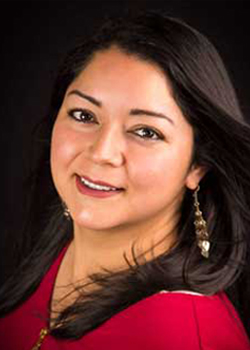Patient care makes dental assisting meaningful
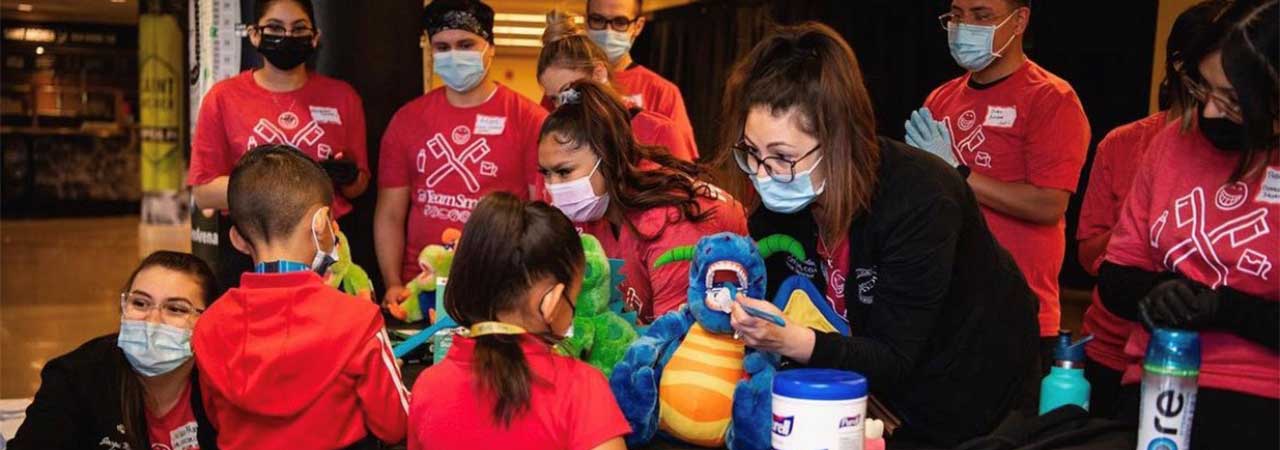
Above: Whittney Greenleaf, CDA, COA, CPFDA (center), and dental assisting students at the Arizona School of Dental Assisting volunteering at a Team Smiles event.
Service to others is at the heart of dental assisting — and it goes beyond helping the dentist with procedures and preparing exam rooms. As Brenda Macias, CDA, puts it: “We are dental assistants — not only to assist doctors, but patients as well.”
“We are dental assistants — not only to assist doctors, but patients as well.”
— Brenda Macias, CDA
According to Whittney Greenleaf, CDA, COA, CPFDA, the patient–dental assistant relationship is “everything.”
“I’ve had so many patients end up asking for me for future appointments. It kind of hits a different heart zone,” explains Greenleaf. “Not everybody likes going to the dentist. If they’re OK with going and they’re asking for you because you make their time at the office more valuable, special, or easy, then you’ve done your job.”
A dental assistant is often the main touchpoint for a patient during their appointment. And the job is multifaceted. Dental assistants can be tasked with everything from explaining procedures and post-operative instructions to providing oral health education and answering questions.
But perhaps the most important thing a dental assistant can do is help a patient feel comfortable during their appointment.
“As an assistant, we are a friend, offering a hand to hold if needed, a voice for the patient, and reassurance to the patient on behalf of the dentist,” explains Angel Jones, CDA.
Lessette Lantigua, CDA, agrees: “I love working with people, taking care of them, serving them the best way I can, and making them happy and comfortable. That’s why I work.”
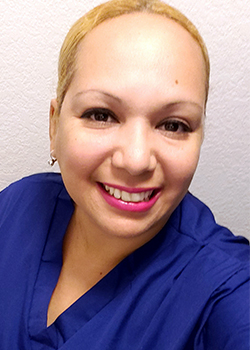
“I love working with people, taking care of them, serving them the best way I can, and making them happy and comfortable. That’s why I work."
— Lessette Lantigua, CDA
Denise Hall, CDA, RDA, FADAA, EFDA, who is a dental practice administrator, says turning a patient’s mindset around was especially meaningful to her when she was a dental assistant.
“We had a patient years ago who hated to come in — she always told us that,” shares Hall. “One day, while we were working on her, she stopped us to say that she was having so much fun listening to us that she no longer dreaded seeing us! That meant a lot to me.”
Macias has seen both sides of the impact a dental assistant can make. Not only has she been a dental assistant for over 15 years, but she also made a special connection with a dental assistant while she was a patient receiving extensive veneer and crown work.
“I will never forget the dental assistant for helping with shade selection, holding my hand throughout the procedure and follow-up appointments, and handing me the mirror on the final day. We were in tears together,” says Macias. “This was a milestone in my life. I vowed that day that I would do the same for others during their appointments.”
Just talking to patients and learning about their lives can make a world of difference, says Jones. Asking a patient about their day, plans, and interests can get them to relax and take their mind off the procedure.
“It’s really an opportunity to be there for them, whether just for that appointment or for future appointments where you can build on the relationship,” explains Jones.
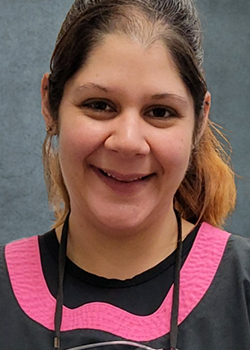
“As an assistant, we are a friend, offering a hand to hold if needed, a voice for the patient, and reassurance to the patient on behalf of the dentist.”
— Angel Jones, CDA
And when patients have a dedicated, compassionate dental assistant, they tend to remember it.
Jones recalls helping one patient whose smile had been affected by drug addiction and was anxious about the treatment. As Jones got to know the patient over a series of appointments, their anxiety eased. By the end of the treatment, Jones said the patient was sad to end her weekly appointment routine.
“It is so rewarding to see a patient grow and get through their anxiety or fear of the dentist. Just knowing that you changed their life a little bit … makes the job so worth it,” says Jones.
Hall remembers a 99-year-old woman who lost an anterior bridge just before her 100th birthday party. Hall went to the office with her dentist on a Saturday afternoon to help repair the patient’s dentures. The patient wrapped Hall in a big hug when she saw her new teeth.
“She was so appreciative, and so was her family,” says Hall.
While people of any age may feel nervous about visiting the dentist, it can be especially important for pediatric dental assistants to know how to comfort their patients. When children feel at ease and have pleasant experiences at the dental office early in life, they can be more willing to visit the dentist as the years go by, leading to better oral health outcomes.
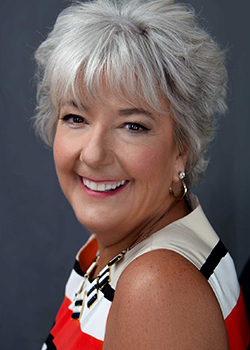
“It’s really an opportunity to be there for [patients], whether just for that appointment or for future appointments where you can build on the relationship.”
— Denise Hall, CDA, RDA, FADAA, EFDA
Greenleaf recalls a young girl who was “terrified” to visit the dentist for a sealant placement. The first appointment was unsuccessful, and the patient had to return a second time. Greenleaf spent 30 minutes talking to the girl and explaining the procedure in kid-friendly language, but it didn’t help ease her anxiety.
Eventually, Greenleaf noticed the girl had a Hatchimals toy. It proved to be the ticket to calming the patient down and completing the procedure.
“She instantly got more comfortable with me because I knew what her favorite thing was and she started talking about them all,” explains Greenleaf. “She let me start the procedure and actually end it successfully. She came back a few weeks later and had drawn me a picture of the Hatchimals that she was able to get as prizes for completing the procedure.”
Ultimately, just seeing a patient’s smile and renewed confidence can make dental assisting worthwhile.
“With that smile, we know we did our best by them,” says Macias.
“I love it when we give someone a new smile and they’re so happy that when they leave, they can’t stop smiling,” says Hall. “It makes you feel good about your entire office and co-workers, because we all know it’s a group effort to get to that point.”


